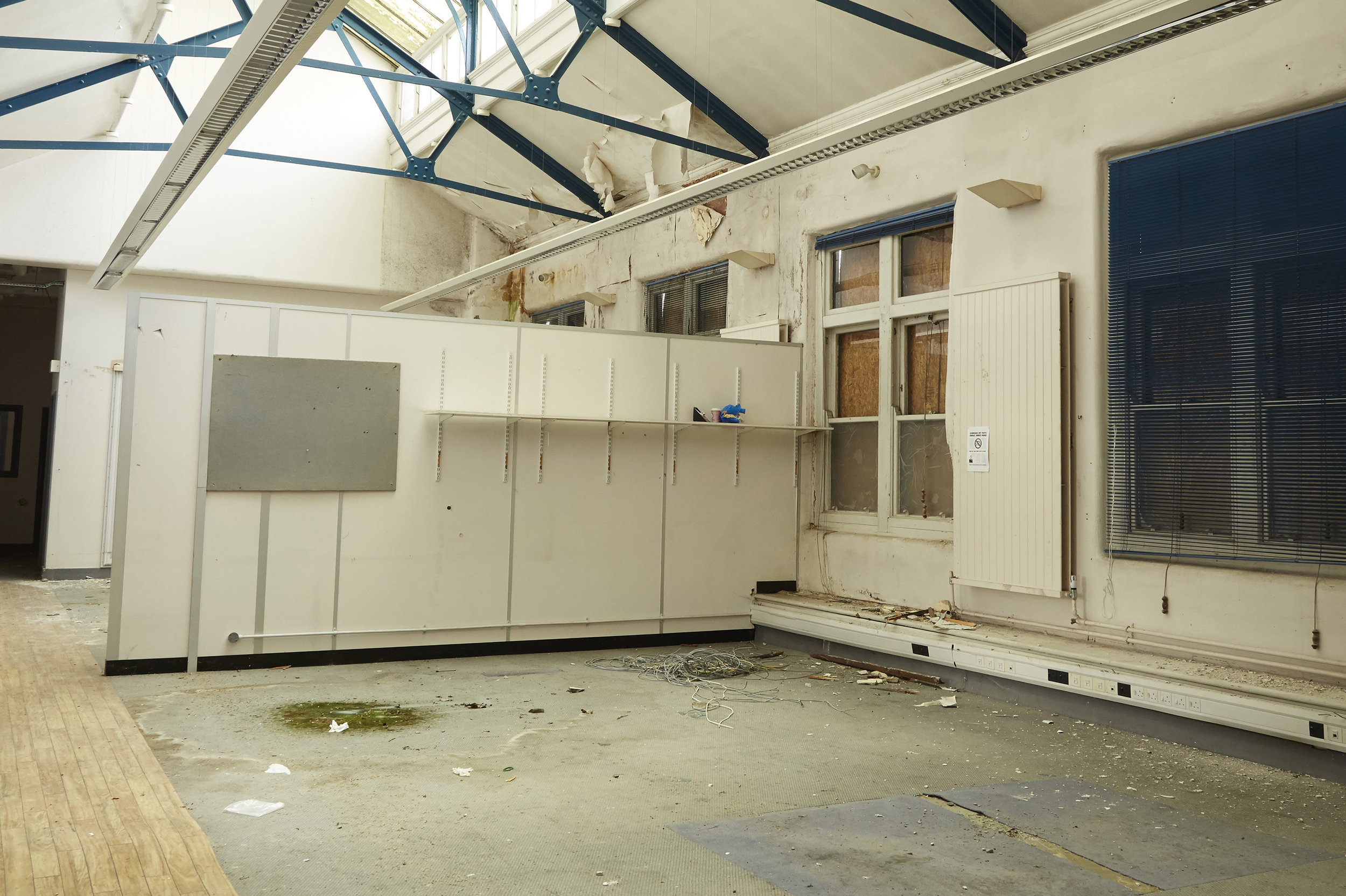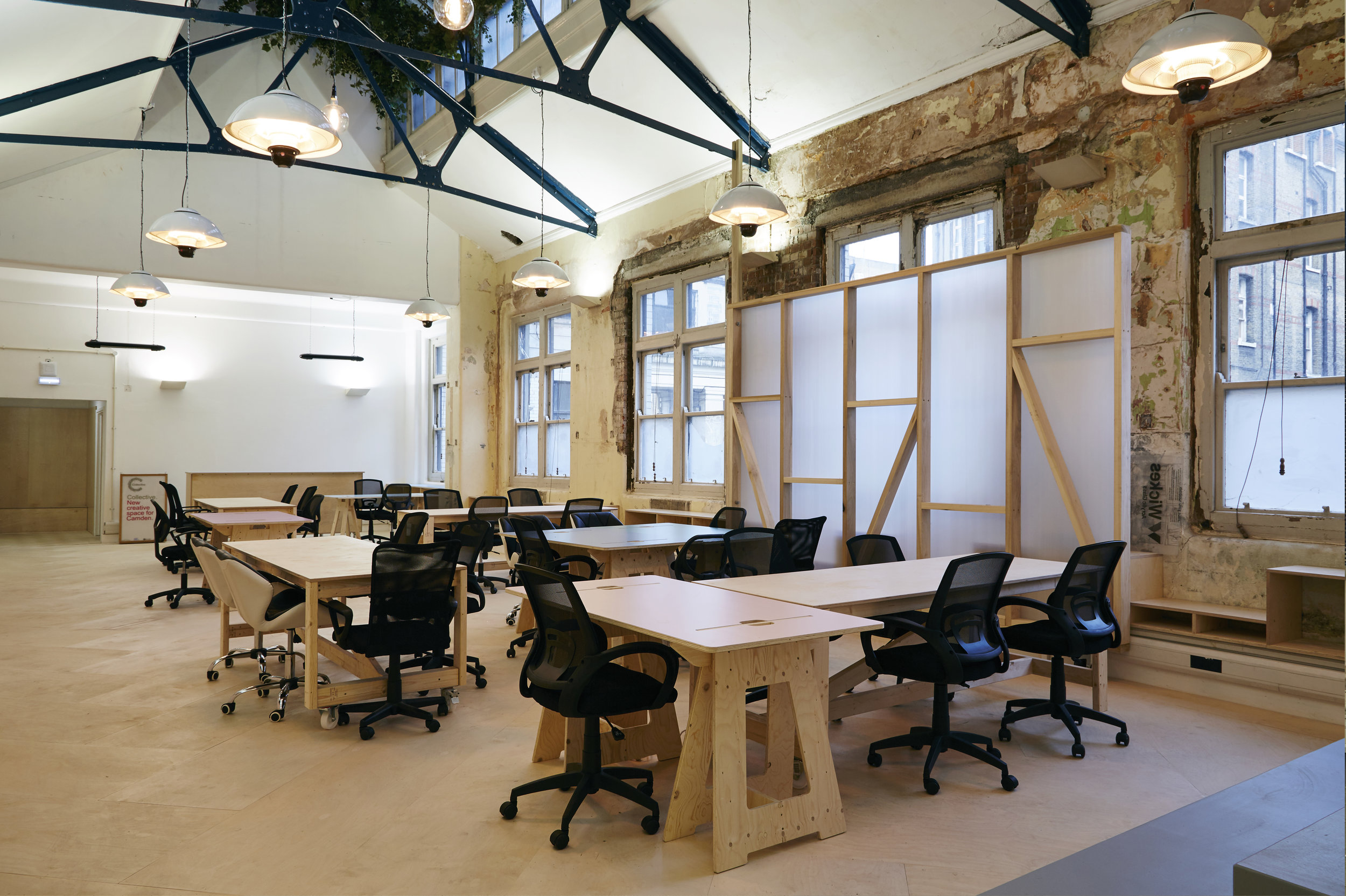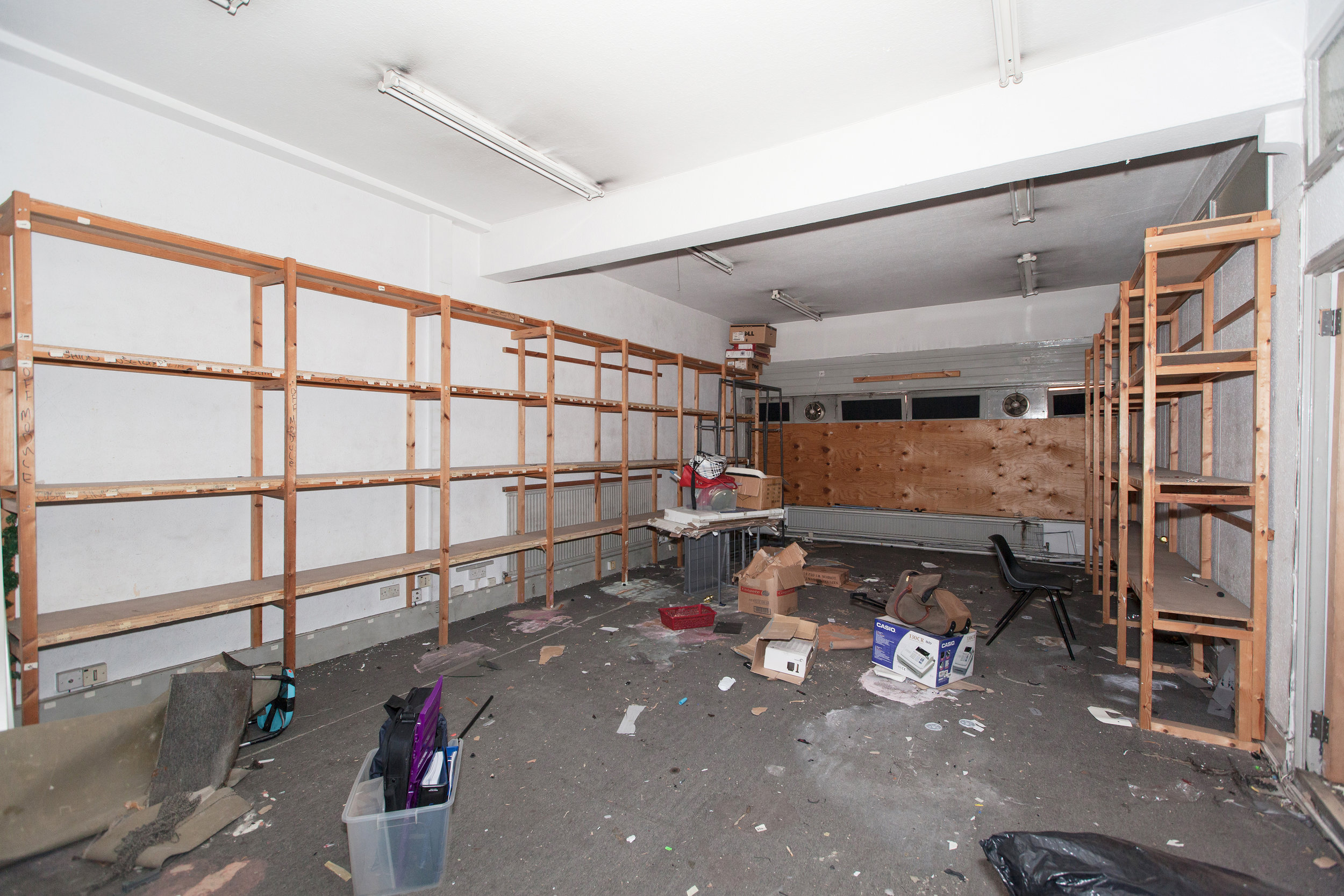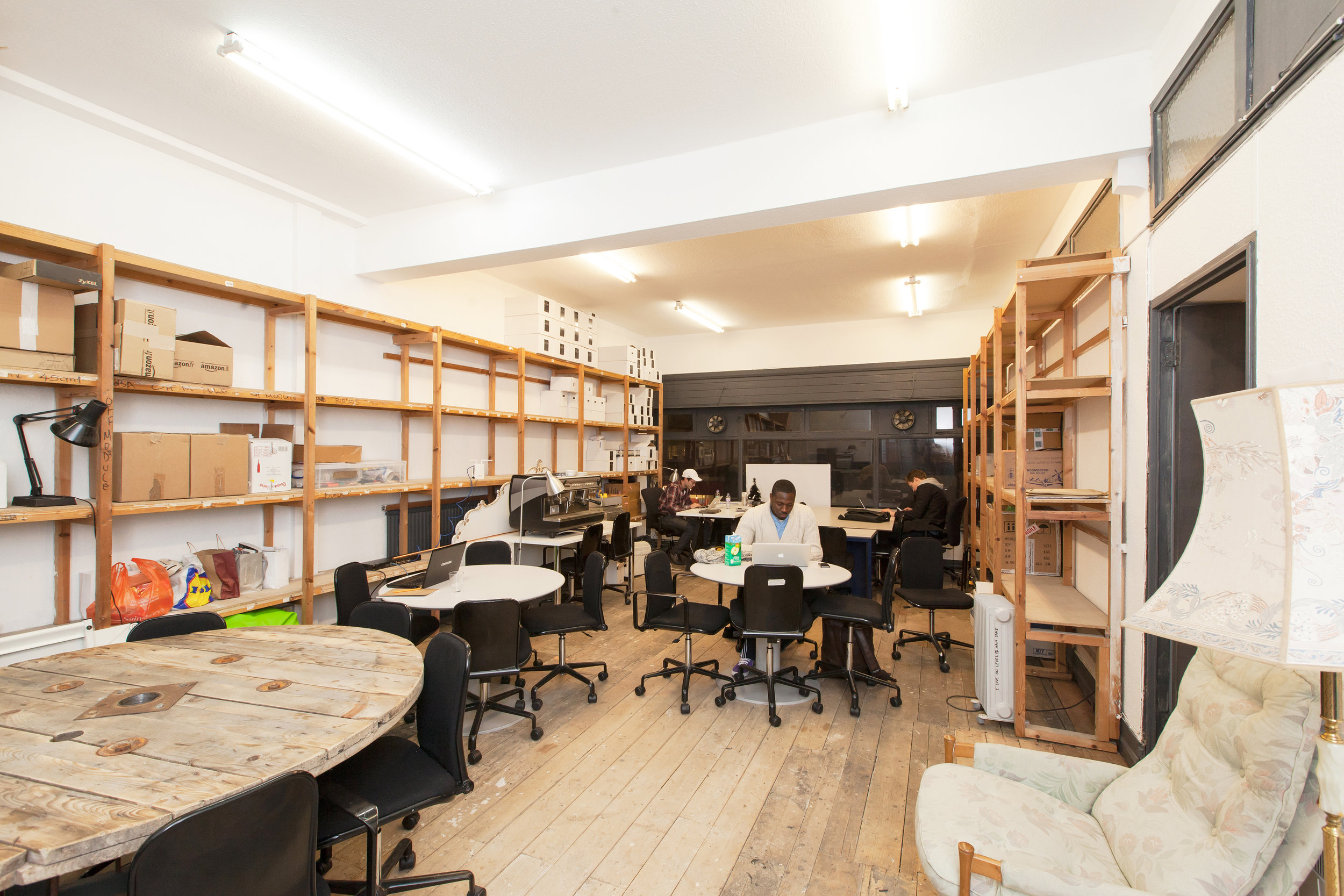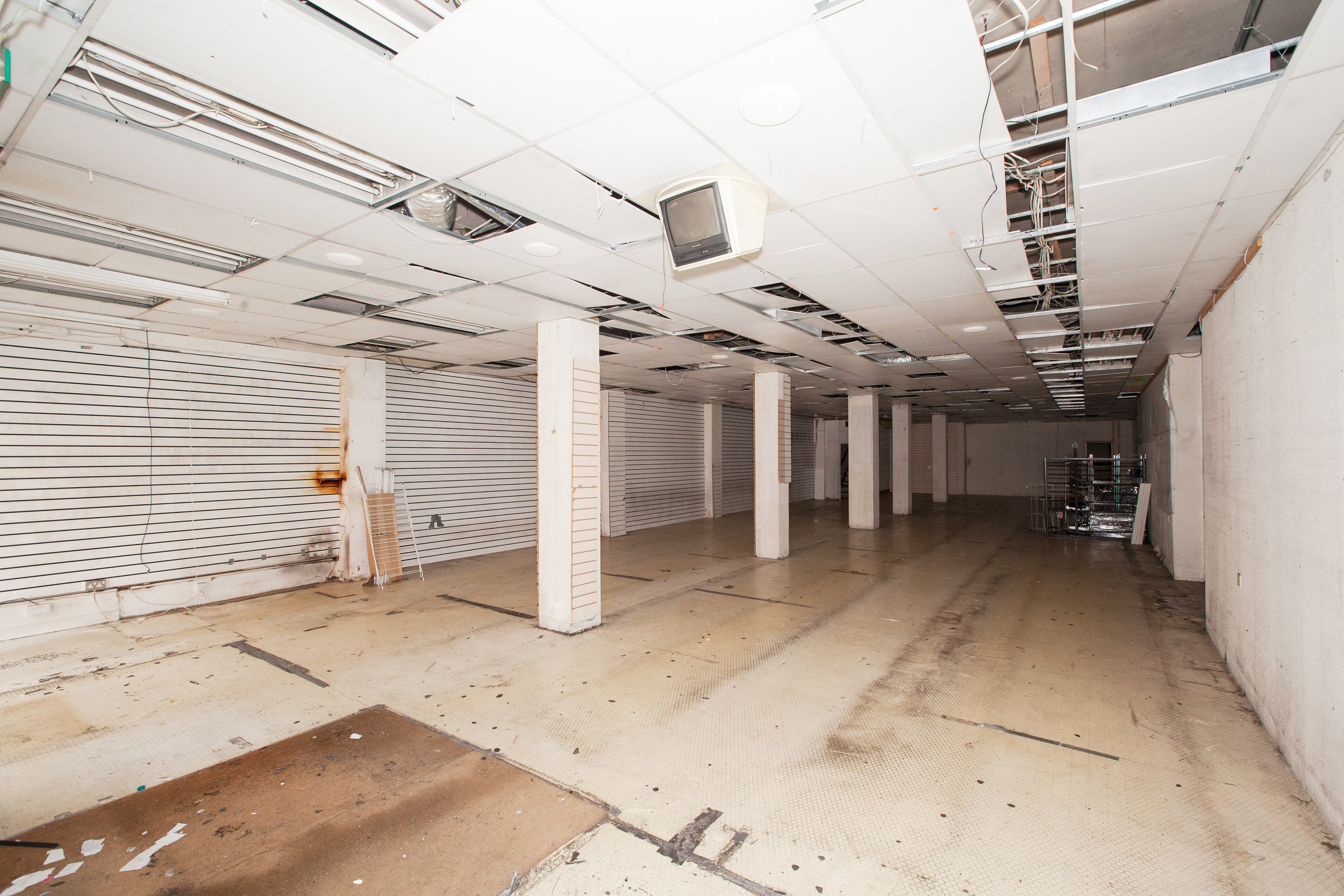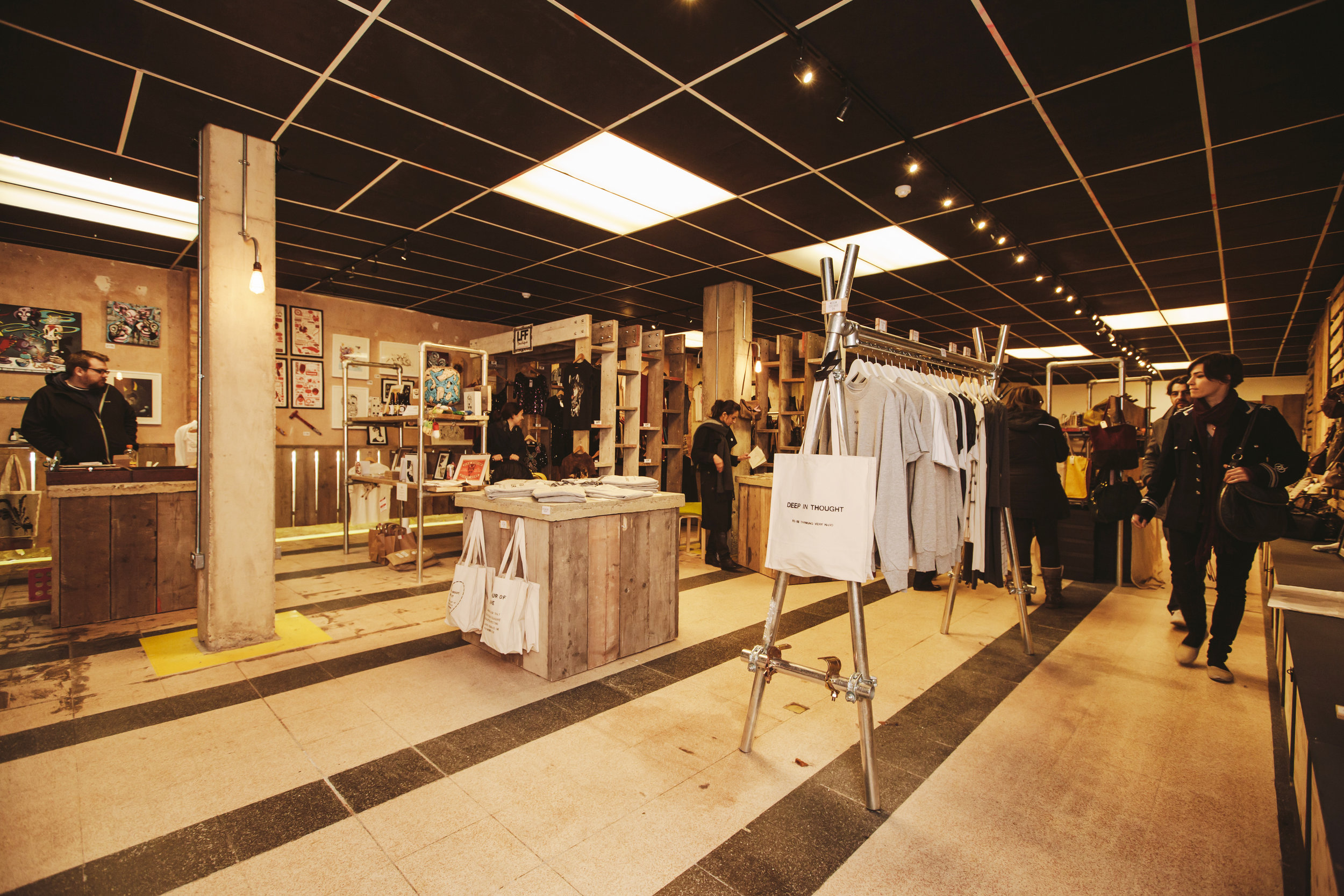OUR HISTORY
Camden Collective was born from a need to revitalise the High Street after the 2009 financial crash. It began as a Camden Town Unlimited funded project, which leased empty commercial units and turned them into free pop-up shops. These gave start-ups the opportunity to test the market and proved the viability of the unit for future commercial occupiers. One of these had a backroom, and Collective decided to try offering some free start-up hotdesking space in there, which proved to generate significant outputs in terms of businesses supported and jobs created/sustained. Pop-ups and hotdesking are now commonplace and commercialised, but back in 2009 they were much more novel concepts!
Collective had proved its initial operating model, and in 2012 spun up as an independent charity and expanded its work. It secured £1.38m of funding, and over the next two years operated 7 free hotdesking spaces, 4 pop-up shops, and a pop-up market in a large unit on Camden High Street with space for 18 rotating start-up stalls. From 2012-14 it supported 135 start-ups, who created 129 new jobs, raised £7.6m of investment and spent £2.5m in existing Camden businesses; this period of the project saw a £16.7m return for the £1.38m investment.
Collective’s next focus was to move away from the reliance on grant funding, and towards a self-sustaining model. Some of the spaces previously offered to Collective were vacant and given on a peppercorn rate to save the owner from having to secure the site and pay business rates. Feedback from Collective members also suggested that they wanted to remain in the Collective ecosystem once they outgrew hotdesking. In 2014 Collective secured a license to occupy for its largest space to date, a vacant hospital in Euston, earmarked for demolition for HS2 and with space for 500 members. Collective Temperance Hospital served as the model for all future Collective spaces, with a large free hotdesking area on the ground floor, which can be easily demounted and used as event space, and offices on the upper floors, which are let at 1/3 of market rate. The funds raised from the offices are used to subsidise the free space and built up during the lifetime of the building for the renovation of the next.
In 2017 the hospital was demolished and Collective migrated to Collective Auction Rooms, a TfL-owned building, also earmarked for demolition which it continues to occupy. Alongside this Collective began to work on its next phase, securing longer-term spaces through S106 agreements in new developments.
Transforming spaces
We’re really good at making spaces work no matter their size or condition. We’ve dealt with buildings abandoned for decades, no power, leaking roofs, x-ray rooms with lead-lined walls (a wifi nightmare), pigeons, floods and a huge amount of vacant-building junk, including a room filled to waist-height with empty beer cans.

